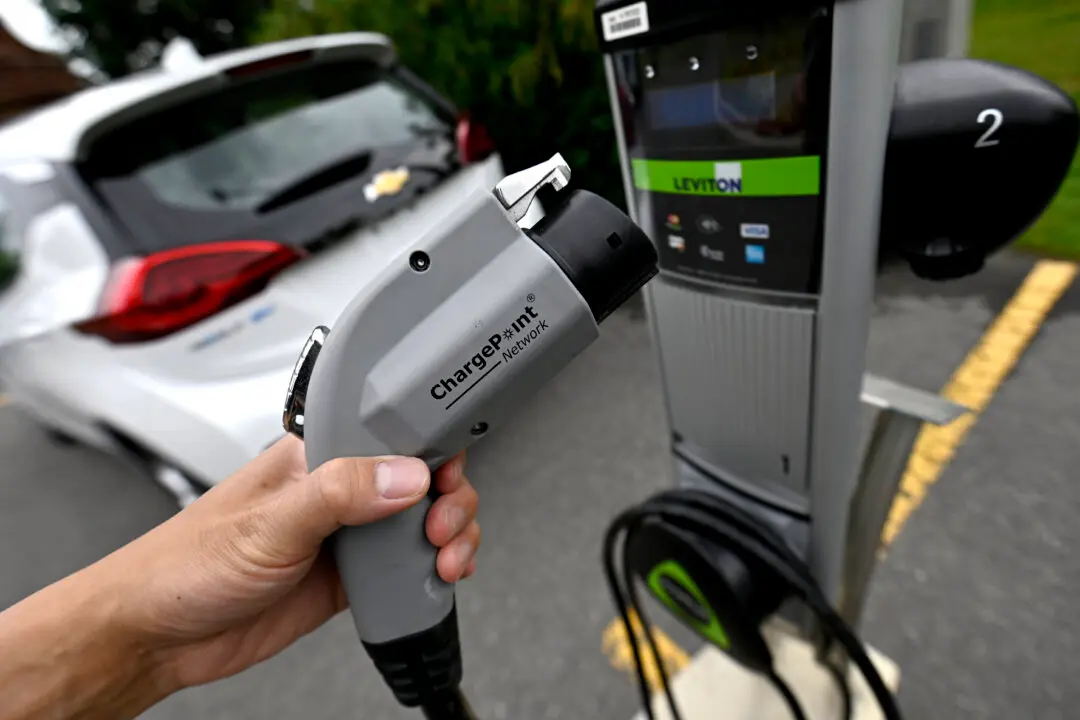KAHNAWAKE, Que.—A blockade in the Mohawk territory of Kahnawake that halted rail traffic south of Montreal for more than three weeks came to a peaceful end on Thursday as activists voluntarily dismantled their camp next to Canadian Pacific Railway tracks.
Dozens of Mohawk community members sang and played drums as they walked behind a convoy of trucks and tractors flying Mohawk flags, which carried pallets, firewood and other supplies to a new location at the foot of a bridge leading to Montreal.





